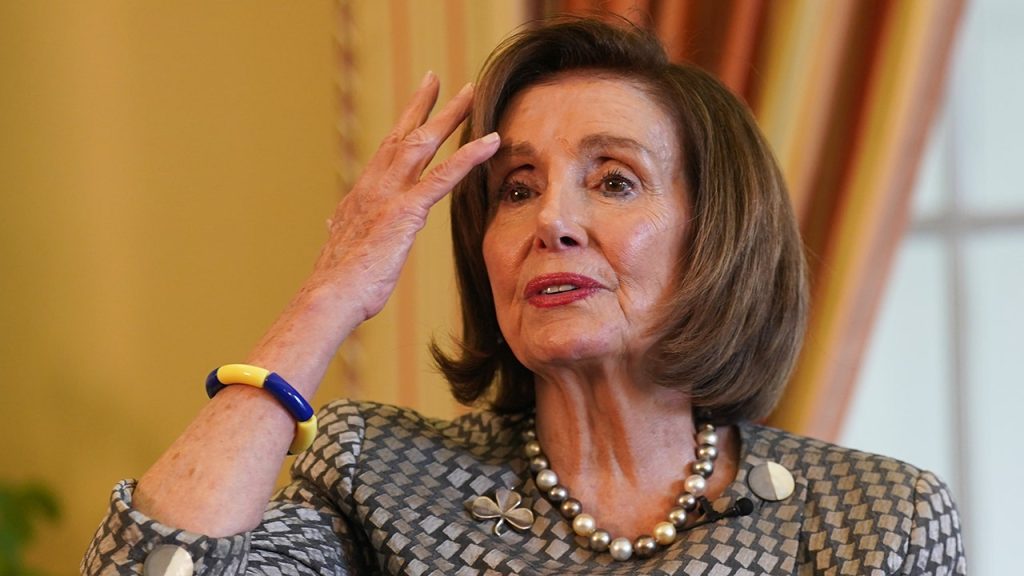In a recent Oxford Union debate, former House Speaker Nancy Pelosi argued against populism, claiming it poses a threat to democracy. She described certain Americans as “poor souls” who refuse to accept Democratic answers on topics such as guns, gays, and God. Musician Winston Marshall challenged Pelosi’s stance, arguing that elites have changed the meaning of the word “populist” to align with their own narrative. He pointed to former President Barack Obama’s speeches interchangeably using “populist” with negative terms like “strong man” and “authoritarian.”
Marshall argued that populism is not a threat to democracy, but rather, is democracy. He highlighted the Capitol riots on January 6, 2021, as a dark day for America, but also referenced the unrest in Portland during June 2020 as another example. Pelosi disagreed with the comparison, stating that the events were not equivalent. Marshall contended that all political movements are susceptible to violence, but populism is ultimately the voice of the voiceless and the real threat to democracy comes from the elites.
Pelosi accused mainstream media elites and social media companies of censoring political opponents and disdaining the people. She emphasized the importance of democracy through free and fair elections, independent judiciary, freedom of the press, and accountability of elected officials to the people. She criticized the populist regime in Washington, D.C., as being ethno-nationalistic and against issues like voter suppression and passing voting rights acts.
The motion debated by Marshall and Pelosi, which stated that populism is a threat to democracy, ultimately received a passing vote from attendees at the Oxford Union event. Pelosi acknowledged that while some individuals may consider themselves part of the populist movement or may be seeking answers, their views on guns, gays, God, and cultural issues may block them from understanding arguments that are in their best interest.
Marshall argued that Pelosi, as a member of the left, should be anti-elite and anti-establishment, but has become part of the globalist left establishment. He stated that populism is not a threat to democracy as it is the voice of the voiceless, and the real threat comes from the elites. Marshall criticized the actions of various elites from Brussels, D.C., Westminster, mainstream media, big tech, big Pharma, corporate collusion, and Davos cronies.
Overall, the debate between Pelosi and Marshall highlighted contrasting views on the impact of populism on democracy. Pelosi argued that populism threatens democracy due to its ethno-nationalistic nature and issues related to voter suppression, while Marshall contended that populism is a representation of democracy and a solution to elite control. The passing vote of the motion by attendees at the Oxford Union event suggests ongoing discussions and differing opinions on populism and its implications for democracy.













